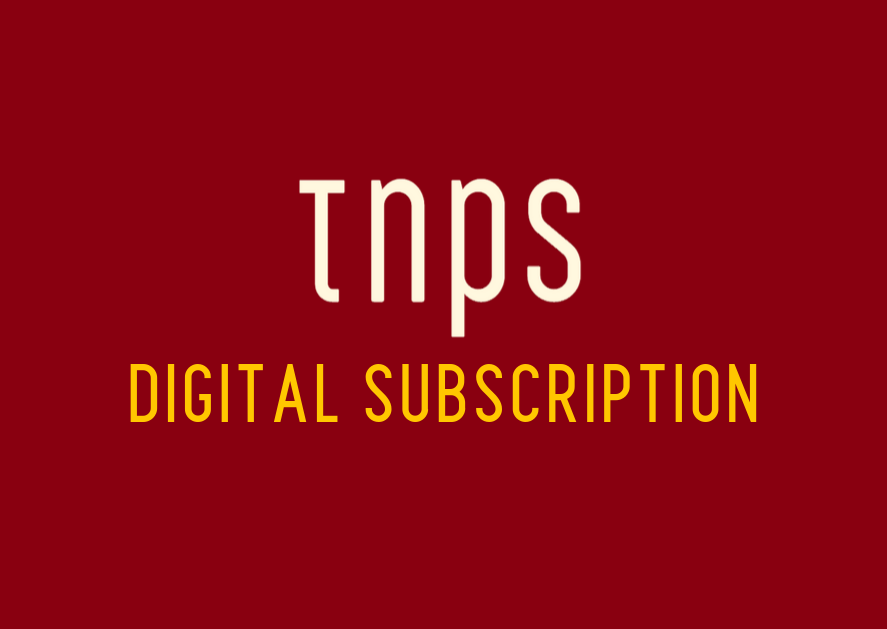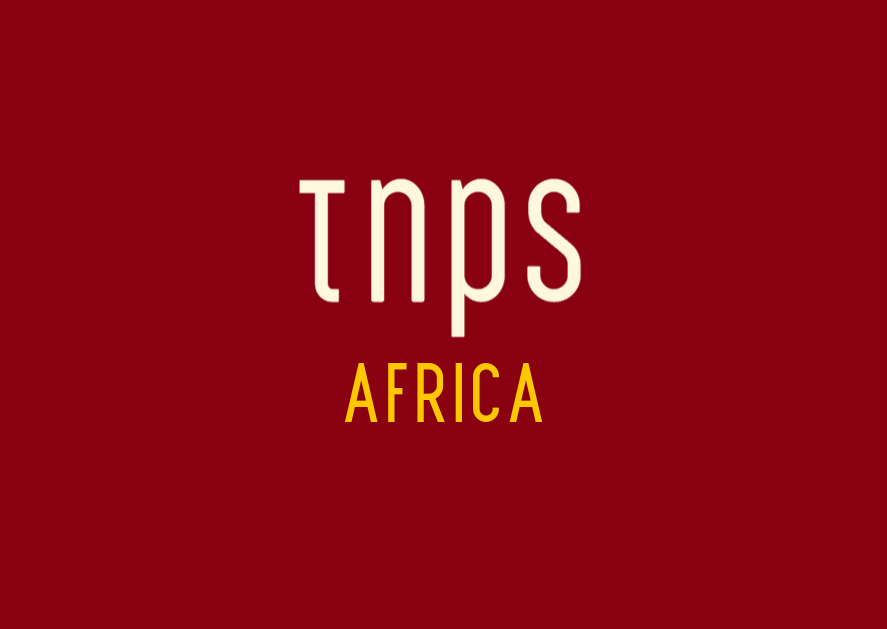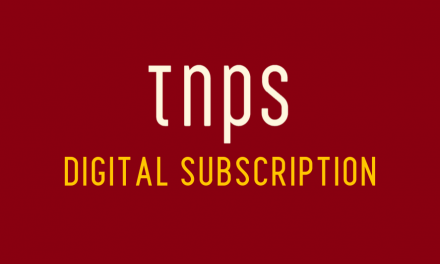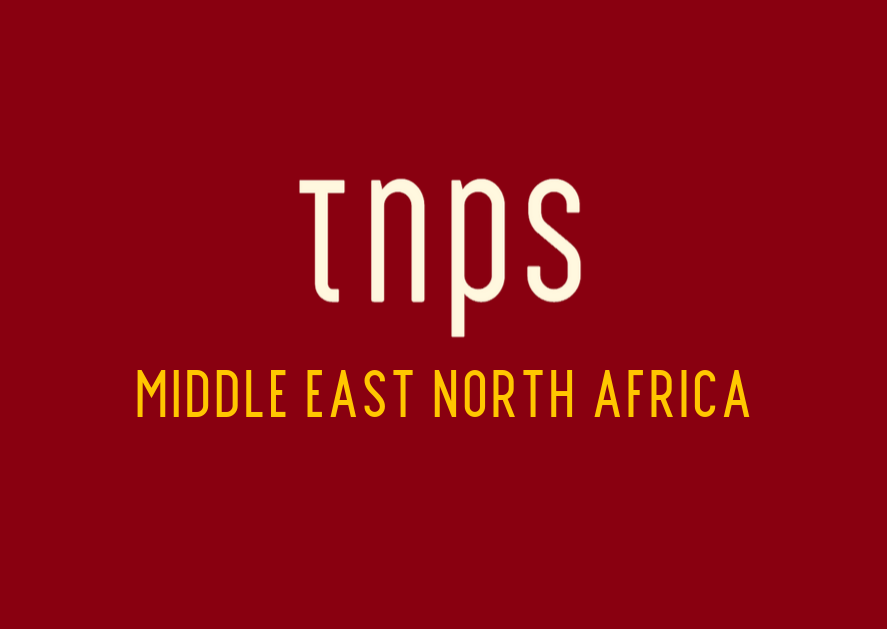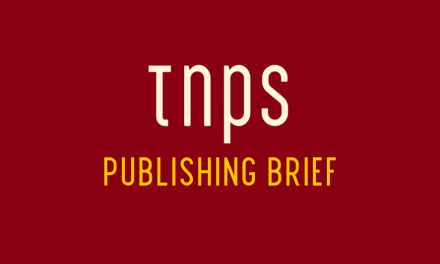US and UK publishers will be watching nervously as the Q2 streaming service results emerge, and with two announcements already the picture lucid: given a fair choice, booklovers are voting with their smartphones.
We’ve already seen Nextory report 95% revenue growth and 58% subscriber growth:
And now comes news that BookBeat saw an 82% YOY revenue surge in Q2. That on top of crossing the 300,000 subscriber mark in April, with a forecast of 400,000 subscribers by end 2020.
BookBeat launched in Denmark and most recently Poland, adding to its token presence in UK and its more meaningful activities in Finland, Germany and home country Sweden. Q2 saw a new level entry-point for Finland with a BookBeat Basics option at a lower price than the regular subscription rate.

BookBeat CEO Niclas Sandin said in a press release:
The ambition with BookBeat has always been to create something that can adapt in the long term to new technical conditions and customer needs.
That is where the Nordic publishers (BookBeat is owned by Bonnier) differ from their Anglophone counterparts, where the reaction to the unlimited subscription model for digital books is mostly to keep it at arms length.
That’s been relatively easy in the Anglophone markets where the only meaningful competition are Scribd and Amazon’s Kindle Unlimited, neither of which carry substantive content from the Big 5 publishers (Scribd more than Kindle Unlimited).
It’s ironic that these unlimited subscription players are mostly audiobook-focussed (although ebooks play a significant or even dominant role for some) and by eschewing these services while riding the consumer audiobook book boom means placing heavy reliance on Amazon-owned Audible, effectively handing the same dominance to Amazon in the Anglophone audiobook sector that they did in the ebook sector as the last decade began.
As BookBeat found to its cost when it launched in the UK, Anglophone publishers simply will not play this game right now, and the US and UK audiobook markets will continue to be driven by publishers’ short term interests rather than consumer demand, even if it means ceding even more leverage to Amazon.
What’s interesting with the Big 3 Nordic players is that Storytel alone has ventured outside Europe, with 20 markets connected, plans to increase that to 40 by 2023, and a 2020 revenue target of $200 million.
BookBeat and Nextory so far remain fixated on Europe, but likely we will see that change as this decade unfurls. Meanwhile other players are way ahead in that respect, with Storytel, Bookmate and Ubook among the leading global players, and regional players like YouScribe making big inroads into virgin territory like the francophone Africa markets.
New kid on the block Anyplay has yet to make any serious moves on the global market while Playster, which tried to mix books, music and video, looks to be on the ropes.
Talking to Boktugg, Sandin said:
We are still growing well in the Swedish market in absolute numbers of new paying users and revenues, however, the percentage development is not as high as in previous years because we have already got quite big here. Our assessment is that we are continually gaining market share by growing faster than the market, but that it has far from grown clearly.
Boktugg raised the question of an overcrowded Denish market. Despite a population of just 5.7 million – fewer people than London or New York – a fierce battle rages for digital consumers in Denmark, where BookBeat competes not just against Sweden-based rivals Storytel and Nextory but also against domestic players like Saxo and, soon to launch, Chapter, a new subscription service operated by three Danish publishers.
Chapter’s key attraction for other publishers, as well as the reason for launching for its own titles, will be data availability, something BookBeat is already addressing, with the launch of BookBeat Insights.
Sandin responded on Denmark’s crowded market:
It has so far been proven that as long as growth is high, there is room for a lot of players. In the long run, when that growth is slowed, that number should reasonably decrease. So far no market has come to that point so it is difficult to refer to any empiricism but my assessment is probably that in the long term there should be around three players per market.
Sandin added the caveat that Audible and Spotify were on the fringe, their interest in the Nordic audiobook markets as yet nascent (Audible has lately been pushing for content in Sweden), but a potential challenge for the future.

